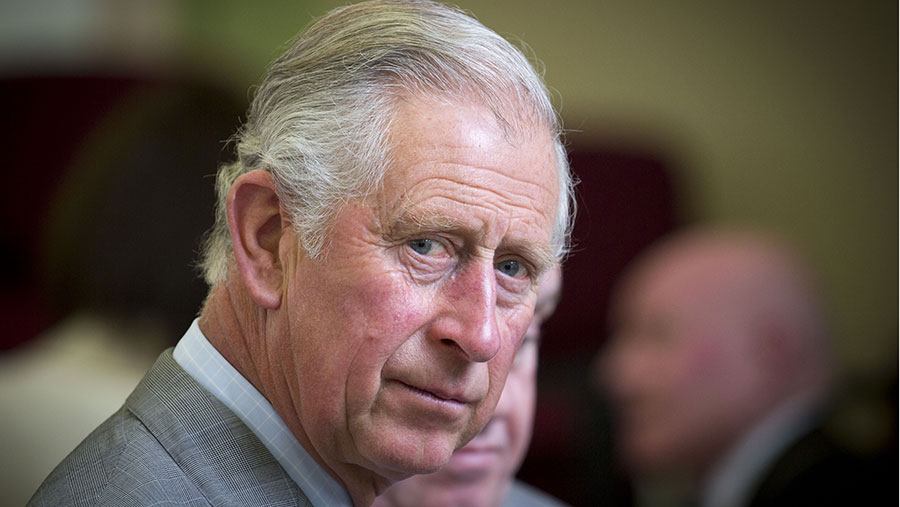Opinion: Why I’m a convert to conservation agriculture
 © Tim Rooke/Rex/Shutterstock
© Tim Rooke/Rex/Shutterstock Prince Charles has, not for the first time, spoken out against industrial agriculture – describing it as dangerously cut off from nature.
Giving the keynote speech at the Harmony in Food and Farming conference last week, organised by the Sustainable Food Trust, his words gained worldwide coverage. The media are always keen to air the prince’s opinions on farming practices.
See also: My name is Matthew and I’m an addict
And I couldn’t agree with him more. He said there was no excuse for farmers to damage the soil, treat animals inhumanely or destroy biodiversity. Hear hear.
He went on to say that we have to find ways of bringing about a widespread transition to farming where farms become more balanced and harmonious entities.
I agree with that, too. Where our beliefs and visions fall out of step with one another, however, is what the solution looks like.
 Ian Pigott farms 700ha in Hertfordshire. Ian is also the founder of Open Farm Sunday
Ian Pigott farms 700ha in Hertfordshire. Ian is also the founder of Open Farm SundayAs I understand it, he believes that the solution is organic farming.
I’m in no way anti-organic farming. And I speak from a position of experience. I farmed organically from 2006-2011. Not very well, I might add.
Organic not for everyone
Organic farming definitely has a place, but it isn’t for everybody. Which is probably a good thing because an explosion in organic supply would definitely not improve its economic viability.
Among other skills it requires a complete change in mindset. However in the five years that I farmed organically I learned an enormous amount about soils, fertility building and biodiversity.
And perhaps just as importantly, I learned that farming systems need to be bought into by everyone in the business and not just the person who makes the lead decisions.
However, I believe that there is a halfway house that embraces the knowledge that we have gained from organic farming, the best of practical farming husbandry learned over multiple generations and combines it with modern technology and science.
“Conservation agriculture” reconnects industrial agriculture with nature and answers Prince Charles’ call to arms.
It improves soil health, promotes biodiversity and endorses the best animal husbandry, through a high level of management, no-till establishment, diverse rotations, multispecies cover crops and livestock.
Misunderstood conservation ag
But in the same way that organic farming is largely misunderstood by a lot of farmers, so too is conservation agriculture.
Conservation agriculture is not direct drilling; in the same way that organic farming is not merely farming without access to inorganic fertiliser and agrochemicals.
I can see history repeating itself. There is a growing movement within the arable sector towards no-till for all the wrong reasons.
There are many farmers, landowners and contractors looking to invest in shiny direct drills to control blackgrass and reduce establishment costs. It isn’t as simple as that.
We have made these mistakes before when we believed a solution to poor husbandry was to found in a chemical can.
Respect the land
And this is where I wholeheartedly agree with Prince Charles. Farmers need to give the land greater respect.
At this point I need to disclose an interest. My excellent team and I are conservation ag converts. We’re ultra-low-disturbance establishment enthusiasts.
We are in our third year of farming regeneratively, complete with higher-level stewardship and borrowed livestock. We are restoring our balance with nature.
There are many farmers articulate on social media who compare both organic farmers and regenerative agriculture farmers to vegans – stating that minority groups only surround themselves with those of a like mindset and therefore become both myopic and self-interested. Perhaps it is the majority that need to change?
I echo Prince Charles’ concerns that the moment is upon us where we need to restore farming’s balance with nature.
We need a change in mindset and agriculture policy that supports this.
